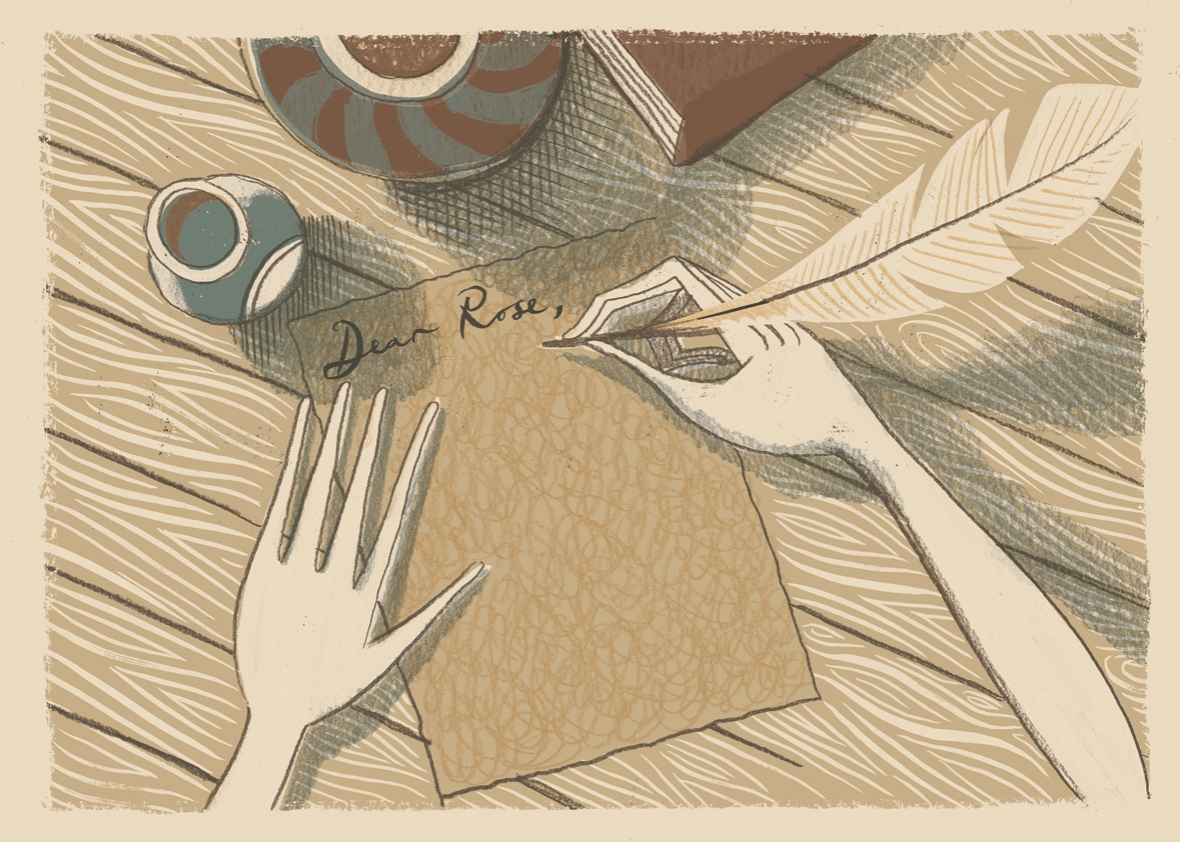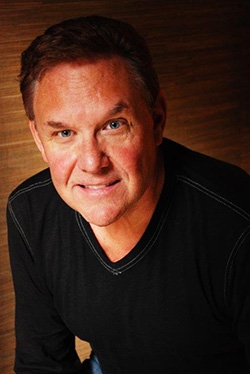
Slate is an Amazon affiliate and may receive a commission from purchases you make through our links.
The Wilder Women
The publication of Laura Ingalls Wilder’s letters reveal more about the collaboration—and the politics—of Laura and her daughter Rose.

Nick Hayes
In late 2014, the South Dakota Historical Society Press published Laura Ingalls Wilder’s pre-Little House memoir, intended for adults, Pioneer Girl. Surprising even the press, the lavishly detailed and heavily annotated tome became a runaway best-seller, with more than 140,000 sold.
One person who wasn’t surprised was William Anderson. The retired Michigan high school teacher has produced a number of works about Wilder, starting when he was a teenager in the 1960s and wrote a series of pamphlets about the Ingalls and Wilder families, explaining “what happened next” to a host of real-life characters featured in the books. Anderson’s first pamphlet, sold at Wilder historical sites across the Midwest, attracted the ire of Wilder’s cantankerous daughter, Rose Wilder Lane, a prolific author later known as a “mother” of the Libertarian movement (along with Ayn Rand and Isabel Paterson). After her death, in 1968, scholars revealed that she had collaborated with her mother in the creation of the Little House books.

David Michael
Anderson has edited The Selected Letters of Laura Ingalls Wilder, out this month, which he calls “the last significant project in her words.” In addition to revealing more about the mother-daughter team’s collaboration on the books, the letters explore Rose and Laura’s shared passionate views on politics: They despised Missouri Sen. Harry Truman, Roosevelt, and the New Deal while celebrating liberty, freedom, and a radical commitment to self-sufficiency. I spoke with Anderson about the letters, Wilder’s enduring legacy, and being threatened by your hero’s daughter as a teenager.
What inspired you to write about the Little House books when you were still just a kid?
My parents got me to Mansfield, Missouri [where Wilder lived as an adult and wrote the Little House books]. At Mansfield, the curators wanted to build a museum next to the house, and they told me, “People come here and they ask so many questions. All this material you’ve dug up—why don’t you write a little pamphlet that we can sell to people for a dollar?” So that was the first thing I ever wrote. I was about 16.
Rose Wilder Lane gave you quite a grilling about your disputing some of the autobiographical material.
Yes, she went over it, and at one point she got quite strident with me. She was so adamant, like a fanatic, that everything in those books was true and that nobody would suggest there was any fictionalizing done. To the point where she was going to sue me.
How did you feel, at 16, about getting that response from her?
Well, it wasn’t nice. It wasn’t very nice at all. She wrote me a huge lecture—“If you’re going to write nonfiction, you have to go to the documents, you can’t repeat hearsay, my mother’s books were 100 percent fact and this kind of thing discredits her as a person and an author and makes her books much less than they really are.” I don’t understand why she was so defensive.
There are moments in the Selected Letters where Laura Ingalls Wilder reacts the same way, insisting that everything in the books was “true,” when in fact they were published as fiction. Why was that such a theme with them?
This is a question that we’ll never finally settle. There was a movement some years back, perhaps among librarians, to have the books shifted into the nonfiction category. Now that is preposterous, but Rose thought it was a good idea.
The image was that of a nice old lady who lived on a farm who just decided that she’d write some books about her childhood. I think most people believed that for quite a few years, and they accepted it, and made her into some kind of goddess, like Grandma Moses. Laura had to do some justifying of the whole question of authorship to make it comfortable to herself. But I don’t understand how someone as intelligent as Rose. … Rose was a great prevaricator.
The relationship between Wilder and her daughter was tempestuous, especially when they were working on revisions. In one letter, Rose tells her mother that she’d better let her revise her book or “you’ll lose your audience.”
The reason I liked that letter so much is that she told her mother: You’re one of the few writers in this country that would turn down a collaboration with the great Rose Wilder Lane. I thought that was priceless and amusing.
When Laura was pushed hard enough, she wasn’t a nice little old lady—she would nag and stand her ground. I think she thought, I’m the mother, you’re the daughter. That was where they had friction.
Will this collection help resolve questions about whether Lane was her mother’s “ghostwriter”?
Isn’t that an old story now? When I read the letters back in the ’80s, I didn’t think they were shocking or terrible. This family, generation after generation, they survived by pooling their talents, and here’s just another version of it. They were cooperating with each other to get the job done and make some money.
Is Little House on the Prairie still teachable, given the book’s offensive view of Native Americans?
I know some school districts in South Dakota, where she is the state’s chief literary character, quit reading the book because parents objected. There are a lot of teaching moments that need to be brought out. When I first heard those books, we were raised on cowboys and Western movies and TV shows and our knowledge of Native Americans was so stereotypically awful—wild people that rode around on horses and yelled and screamed and wore a feather in their hair. We probably swallowed all that stuff without a second thought.
Do the anti-New Deal politics of Wilder and Lane come up mainly in the letters, or do you think the message is in the books themselves?
Rose inserted anti-government sentiment in quite a few of the books, wherever she could. It was a completely lost effort on third-grade kids. The Wilders’ anger about the New Deal was more personal—they really hated taxation, and they couldn’t get help to farm their land or paint their house when they were older. Like big business, they felt that government was stealing labor away. And that annoyed them. And the third prong to it was that they could look back very smugly and somewhat self-righteously, and say, we did this all on our own. Since they had made a success of their lives, they felt other people should do the same.
There’s a new visitor center opening at Mansfield this spring, at the Wilder Home and Museum, and some of the funding came from the federal government. What do you think Rose would think about that?
Oh yeah! Rose Wilder Lane would be flipping in her grave.
This interview has been edited and condensed.
---
The Selected Letters of Laura Ingalls Wilder edited by William Anderson. Harper.
See all the pieces in the Slate Book Review.
